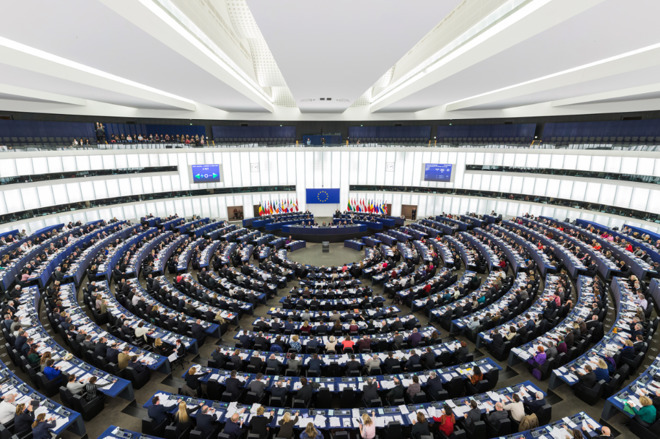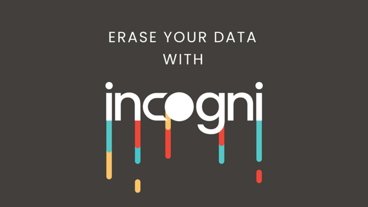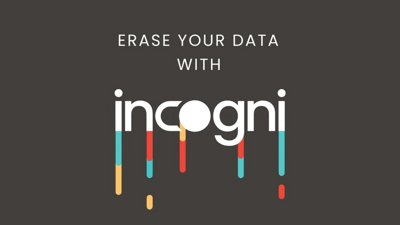The European Union has voted to pass its new copyright rules with "Article 13" intact, a section of the EU Copyright Directive, a controversial rule change that critics believe could hurt creativity and make user-generated content harder to produce and distribute.
Article 13 is framed as a way for copyright law to be strengthened online, forcing major tech companies to make a greater effort to monitor for copyrighted works uploaded by users. Under the rules, content hosts must properly license copyrighted material or be held liable for it being shared on its service.
Ministers of the European Parliament voted in favor of passing the new copyright laws including Article 13, known under that name but is in fact the 17th article in the EU Copyright Directive, with 348 votes in favor, 274 against, and 36 abstentions. Under EU rules, member states are set to approve the decision, then will have two years from its official publication to implement it into local law.
While the laws chiefly apply to countries within the European Union, they also impact practically every company worldwide that has an online presence, including those on other continents. The full rules will apply to larger, more established companies, while start-ups will have to deal with lighter obligations.
If the company can demonstrate it has made "best efforts" to gain permission from copyright holders, to prevent content copyrighted content from being available at the request of holders, and to quickly remove infringing material from view upon notification, it would no longer be liable for its presence.
Companies like Google and Facebook are already making an effort to protect against copyright abuse. But, the increase in liability under Article 13 means there will be a greater need to prevent the copyrighted works from being visible at all, which could mean applying deeper and stricter filtering to content before it becomes visible.
The directive has been changed from its original stricter form, following an outcry from critics. A number of exceptions to the rules have been implemented, such as uploading works for non-commercial purposes like Wikipedia or GitHub, as well as for private cloud storage services like Apple's iCloud and Dropbox.
One major complaint was claims the rules would effectively ban the creation and distribution of memes. The European Parliament believes that existing protections for sharing for "quotation, criticism, review, caricature, parody, or pastiche" continue as before, allowing memes and short GIFs to be shared between internet users, as well as allowing YouTube reaction and news videos to continue production.
"There's no problem with memes at all. This directive was never intended to stop memes and mashups," MEP for London Mary Honeyball told the BBC. "I think that's doom-mongering. People who carry out their business properly have nothing to worry about at all."
A second controversial area of the rules, "Article 11," would force news aggregators to license anything larger than "short extracts" of a story that they are sharing with an audience. This can include headlines and small snippets of stories, like Google News offers as well as in Google search, though it may also cover apps and services that perform a similar task without compensation for the content creator.
Prominent critic Google advises recent rule tweaks to blunt the directive had improved it, but there was still some "legal uncertainty" surrounding elements. "The details matter and we look forward to working with policy-makers, publishers, creators, and rights holders, as EU member states move to implement these new rules," said the search giant.
European Parliament Rapporteur Alex Voss called the directive "an important step towards correcting a situation which has allowed a few companies to earn huge sums of money without properly remunerating the thousands of creatives and journalists whose work they depend on."
The push for online copyright legislation is similar to attempts by the United States government to do the same in 2011, via the Stop Online Piracy Act (SOPA) and Protect IP Act (PIPA) House and Senate bills. Each attempted to prevent the sale of pirated or copyrighted goods online, including movies and music.
While noble in its cause, the acts were criticized in a number of ways, including how it effectively applied to all websites in the world and not just those in the United States, by cutting off access to websites for those living in the US via DNS changes. By blocking sites deemed infringing, critics believed it could be seen as heavy-handed censorship by preventing users from performing lawful activities through the same sites.
There were also provisions to block financial transfers to the sites deemed infringing, even if only a small part of a larger online presence was found to be hosting pirated material.
 Malcolm Owen
Malcolm Owen







-m.jpg)






 Amber Neely
Amber Neely
 Sponsored Content
Sponsored Content
 Charles Martin
Charles Martin
 Christine McKee
Christine McKee













23 Comments
YAY, we now have a #Filternet, the USA has a #Shitternet (no net neutrality), China has a #Firenet (firewall) and Russia has #Putinet. Oh humanity…
http://www.fosspatents.com/2019/03/after-yesterdays-accidental-vote-eu.html
Instead of jumping through hoops to obtain copyright permissions the easiest solution will be to just delete any uploaded content that has the slightest hint of containing copyrighted material. Will original, copyrighted content uploaded by the copyright holder mean that Google and others will have to pay that creator? If so why would Google even allow that upload?
So the Internet will have to turn into only a Media Consumption service. You know like TV, One way!!! YouTube can't just have people creating content to put up. They might Infringe and then Google gets stuck paying a big fine. How does Social Media now work? Or Message forums like this? If you post something, that's auto copyrighted. Someone can't quote you without your permission.
Can you post a link without paying a Tax? We won't know for sure what is really allowed until all the member countries write their own laws to fall in line. Some will be worse than others. Businesses will have to go with the lowest common denominator. Who has the worse laws in the EU, does it make sense to just block the EU at that point?